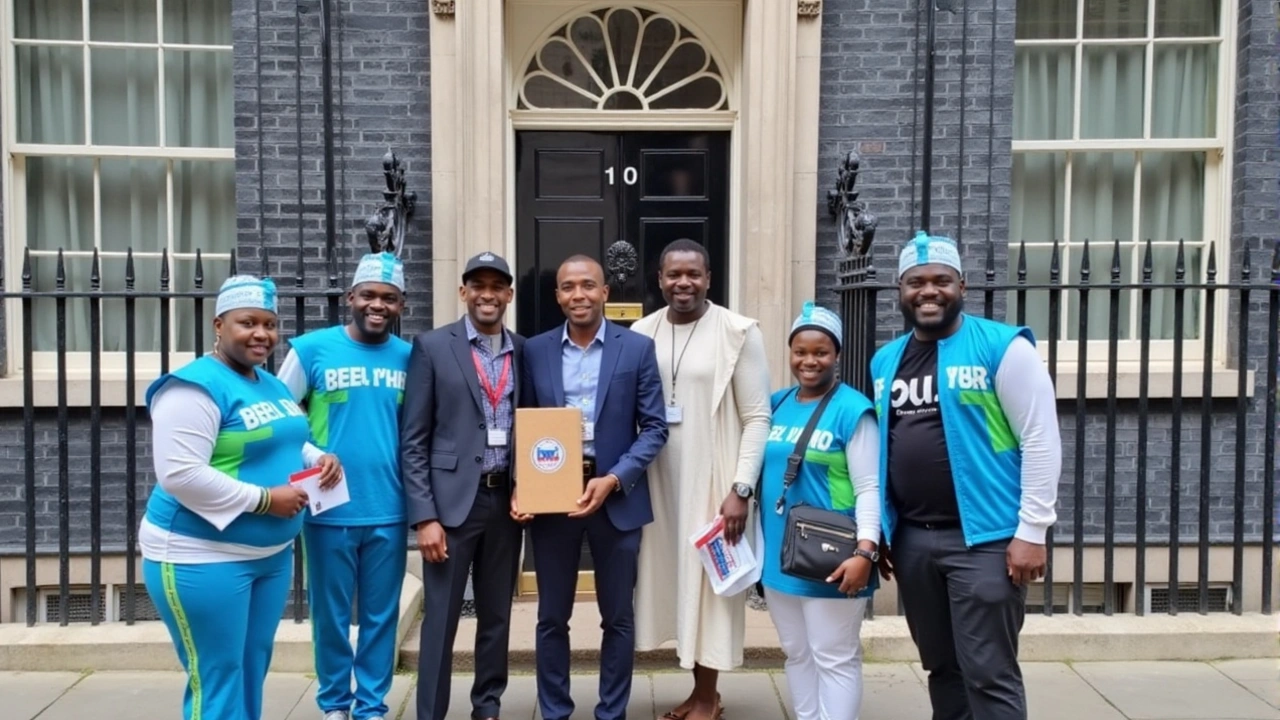Yoruba independence: what it means and why people are talking about it
Yoruba independence refers to calls for greater self-rule, autonomy, or a separate state by some Yoruba people in Nigeria and the diaspora. This topic mixes history, culture, politics, and current events. You’ll see stories about historical identity, modern movements like the Yoruba Nation campaign, and debates over whether change should be peaceful, political, or legal. If you want straight facts and practical context, this page pulls the main threads together so you can follow developments without the noise.
Origins and recent movements
The Yoruba are one of Nigeria’s largest ethnic groups, with deep cultural roots in the southwest. Under British colonial rule and after Nigeria’s 1960 independence, power struggles and regional tensions shaped modern politics. Over time, some Yoruba activists started pushing for more control over local resources and governance. Movements today range from civic groups asking for devolution and stronger regional government to activists who use slogans like Oduduwa or Yoruba Nation.
Some leaders and groups attract headlines with protests, social media campaigns, or legal challenges. Others focus on community development, culture, and running for office. The key point: not all calls for “independence” mean armed struggle or full secession. Many people simply want more local power, better services, and respect for cultural identity.
How change could happen — and what to watch
Real change usually comes through politics, courts, and civic pressure. Here are signs to watch if you want to understand where things are headed:
- Political moves: bills, regional assemblies, or parties that push for federal restructuring or increased state powers. These are peaceful routes that can shift how Nigeria is governed.
- Legal actions: court cases that test constitutional limits on secession or state autonomy. Legal outcomes set important precedents.
- Community work: local projects, education, and economic plans that boost support for autonomy without violence. Strong local leadership matters more than slogans.
- Media and social trends: reliable reporting and verified statements from leaders. Be cautious with viral posts — confirm with mainstream sources.
Want to follow this topic responsibly? Look for reports from established newspapers, official court records, and statements from elected officials. Avoid unverified videos or extreme claims. If you’re in the region, support peaceful dialogue and community development rather than escalation.
On this tag page you’ll find news stories, analysis, and updates tied to Yoruba independence — from protests to political debates and cultural developments. Bookmark the page, check back for updates, and use the stories here to get a clear, practical view of what’s happening and why it matters for Nigeria and the wider region.

Sunday Igboho Appeals to UK Prime Minister: Advocating for Yoruba Nation Independence
Sunday Igboho and his supporters urge UK PM Keir Starmer to recognize the Yoruba Nation. The movement, led by Prof. Adebanji Akintoye and Igboho, pushes for the establishment of an independent Yoruba nation. Accompanied by key figures, Igboho submitted a petition at 10 Downing Street, seeking UK support in their quest for autonomy.